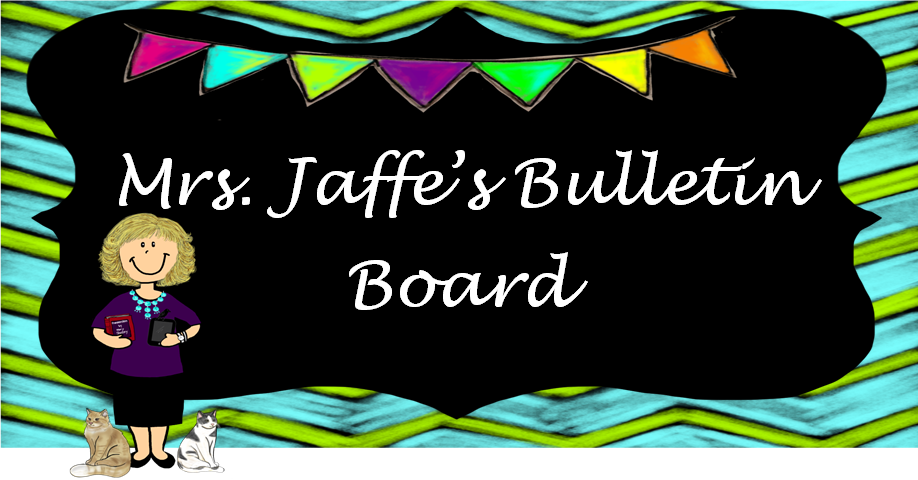In eighth grade, we are reading William Shakespeare's play Julius Caesar. While most of the play is read aloud in class, students have a chance to push the desks aside and use their acting skills when we reach the scene where Caesar is assassinated. At that point, students divide into groups, and each group is given the task of memorizing their lines and blocking the scene. In addition, some groups modify the scene to incorporate a theme. This year, we had everything from the traditional toga-wearing Caesar (see photo above), to a pirate Caesar, as well as a 1920's gangster Caesar, a cowboy Caesar, and a Darth Vader Caesar (complete with lightsabers).






